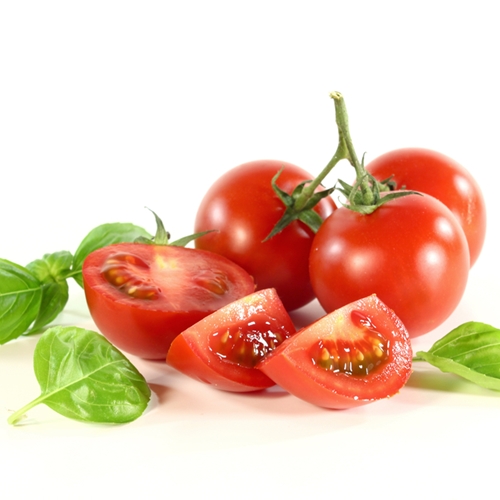
One of the most interesting pieces of data brought to light by the survey was that 80 percent of households indicated that they had purchased organic food within the last two years. Though this, admittedly, could mean that they had purchased it once on a whim, it does indicate relatively widespread availability of organic food at a societal level. Indeed, when the same study was conducted in 2013, 21 percent of families had indicated a lack of availability as a barrier to purchasing organic food. In the 2014 study, that same metric dropped to 12 percent of respondents.
Price as a limiting factor also decreased between last year’s survey and now. In 2013, 62 percent of respondents said that organic food was at times too expensive, compared with 51 percent this year.
Though fewer people are citing the cost of organic food as a reason for not purchasing it, the cost of organic food remains above that of more traditional produce and products. For example, the survey found that families who routinely purchased organic food spent an average of $125 weekly at grocery stores, compared with $110 for those families who didn’t typically buy organic products. Comparing this sustained price difference between organic and traditional food products and noting that fewer people cite price as a limiting factor, an increased willingness to pay the premium for such products becomes apparent.



